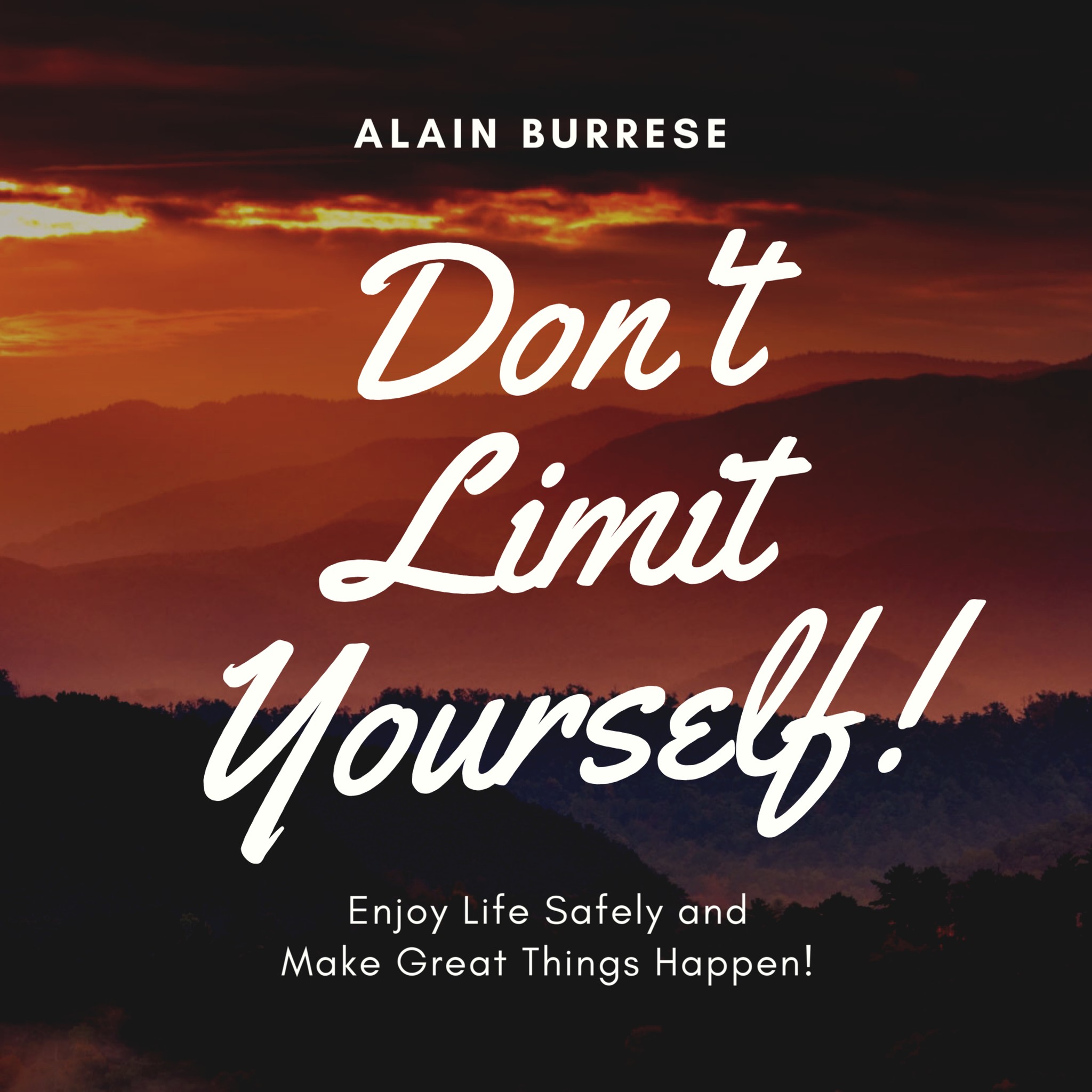In a world often characterized by rigid categorizations and societal molds, the Bahá’í teachings offer a transcendent perspective centered on the principle of embracing and expressing the entirety of one’s identity. This theme, encapsulated succinctly in the phrase “Don’t limit your identity – or yourself,” serves as an invitation to transcend conventional boundaries and explore one’s unique attributes in a holistic manner. This discourse aims to elucidate the profound implications of this principle within the Bahá’í framework, encouraging an introspective journey that resonates with spiritual and personal growth.
What does it mean to limit one’s identity? Have you ever experienced the subtle pressure to conform to societal expectations? Perhaps you have felt the weight of labels imposed by others, confining you to a narrow definition of who you are. Such limitations can stifle one’s spiritual and personal evolution, creating an illusion of separateness and disconnection from the broader tapestry of humanity.
At the heart of Bahá’í teachings lies the notion of unity in diversity. This cardinal principle suggests that every individual, regardless of their background, possesses intrinsic value and purpose. The diverse attributes that constitute one’s identity—cultural heritage, personal experiences, and individual aspirations—should be seen not as fragments but as a harmonious amalgamation contributing to the universal narrative of existence. To embrace this diversity is to recognize the interconnectedness of humanity, fostering an environment that celebrates uniqueness rather than diminishes it.
As one grapples with the potential confines of their identity, it is essential to confront the societal constructs that often dictate our self-perception. The Bahá’í writings urge followers to transcend superficial distinctions such as race, gender, and socioeconomic status. These distinctions, while prominent in contemporary discourse, do not encompass the full spectrum of an individual’s capabilities and contributions. Limitations, whether imposed by society or self-inflicted, can hinder growth and obscure the burgeoning potential within each person.
Furthermore, Bahá’í teachings advocate for a dynamic self-concept that evolves in tandem with one’s experiences and revelations. This evolution necessitates an openness to new ideas and perspectives, enabling individuals to expand their understanding of themselves and the world around them. To “not limit yourself” involves an active engagement with education, spirituality, and service—a trifecta that empowers individuals to realize their potential fully.
Crucially, self-discovery is a journey marked by perseverance and reflection. The challenges encountered on this path can be formidable; they may prompt moments of doubt or hesitation. However, the Bahá’í approach encourages individuals to recognize these challenges as pathways to growth. Embracing one’s identity in its entirety requires courage and vulnerability—the willingness to confront the unknown aspects of oneself while remaining anchored in the belief that every facet of one’s identity has merit.
To further illuminate this journey, consider the profound significance of community in the Bahá’í framework. Engaging with a diverse group of individuals fosters a rich soil for the exploration of identity. Together, communities can cultivate an ethos of acceptance and support, challenging outdated paradigms that confine self-expression. The interdependence of community and personal identity suggests that one’s growth is often mirrored in the collective growth of those around them. Thus, the act of not limiting oneself becomes an act of service to the community, promoting a shared ethos of inclusivity.
Moreover, the self-reflective practice of prayer and meditation serves as a vital component in the Bahá’í approach to identity. Through thoughtful contemplation, individuals can reconnect with their inner essence, facilitating a deeper understanding of both their limitations and their boundless potential. This introspective endeavor encourages forgiveness, acceptance, and ultimately, self-love—key elements in the process of embracing a multifaceted identity.
As the journey unfolds, a vital question remains: How can one actively resist the allure of self-limitations? It begins with cultivating a mindset that is resilient and adaptable. The Bahá’í teachings inspire individuals to remain steadfast in their pursuit of knowledge and to remain curious about the multifarious textures of life. Consider stepping outside your comfort zone, engaging with differing viewpoints, and indulging in new experiences. Each interaction is an opportunity to broaden your understanding and to refine your identity.
Moreover, participating in spiritual and academic dialogue is crucial. These platforms not only serve as arenas for learning but also as spaces for fostering collective growth. The amalgamation of ideas, when embraced with openness, can incite transformative shifts in both personal and communal identities.
In conclusion, the exhortation to “Don’t limit your identity – or yourself” is a clarion call for individuals to embark on a liberating journey of self-discovery and acceptance. By integrating the Bahá’í teachings of unity, diversity, resilience, and community, individuals can dismantle the self-imposed barriers that inhibit their growth. Engaging in this ongoing process cultivates a robust identity that not only celebrates personal nuances but also harmonizes with the universal ideals of humanity. Ultimately, the journey towards self-exploration and expression lies within reach, waiting to be embraced with open hearts and minds.
